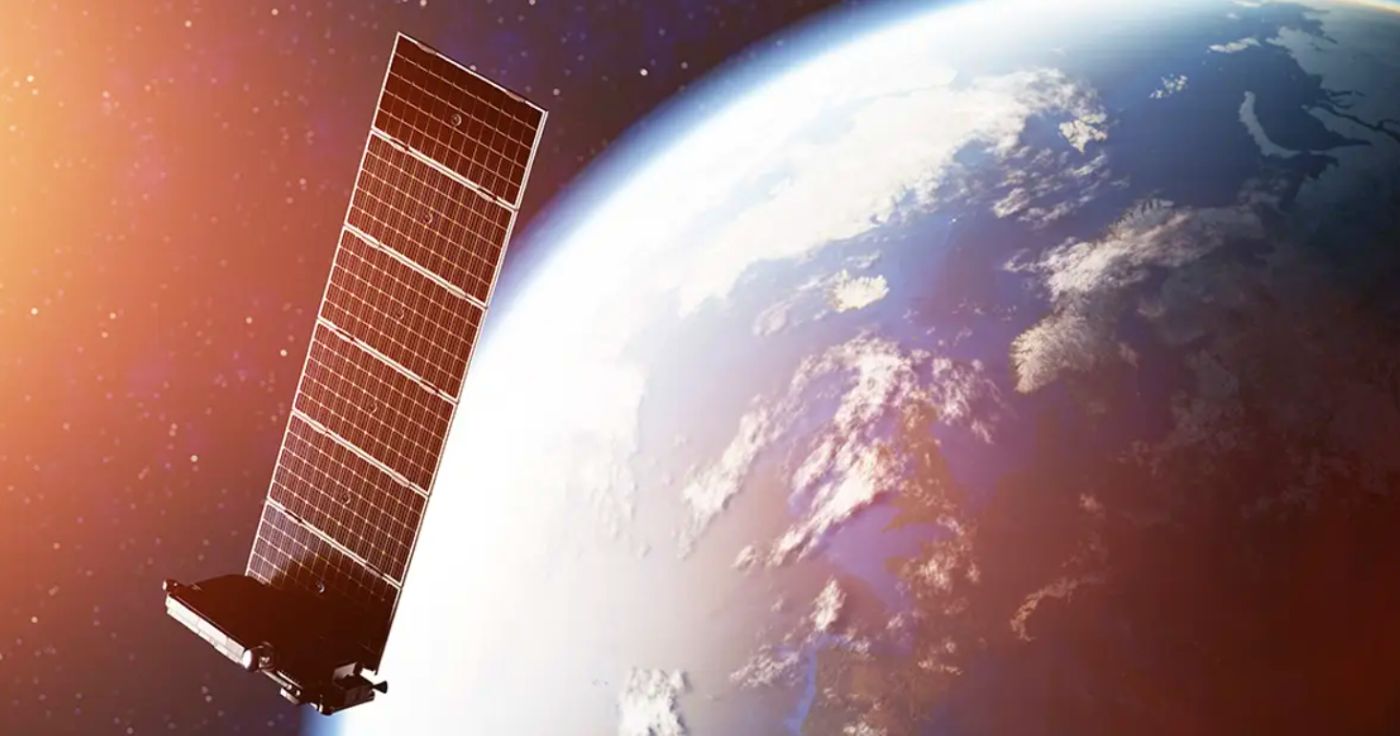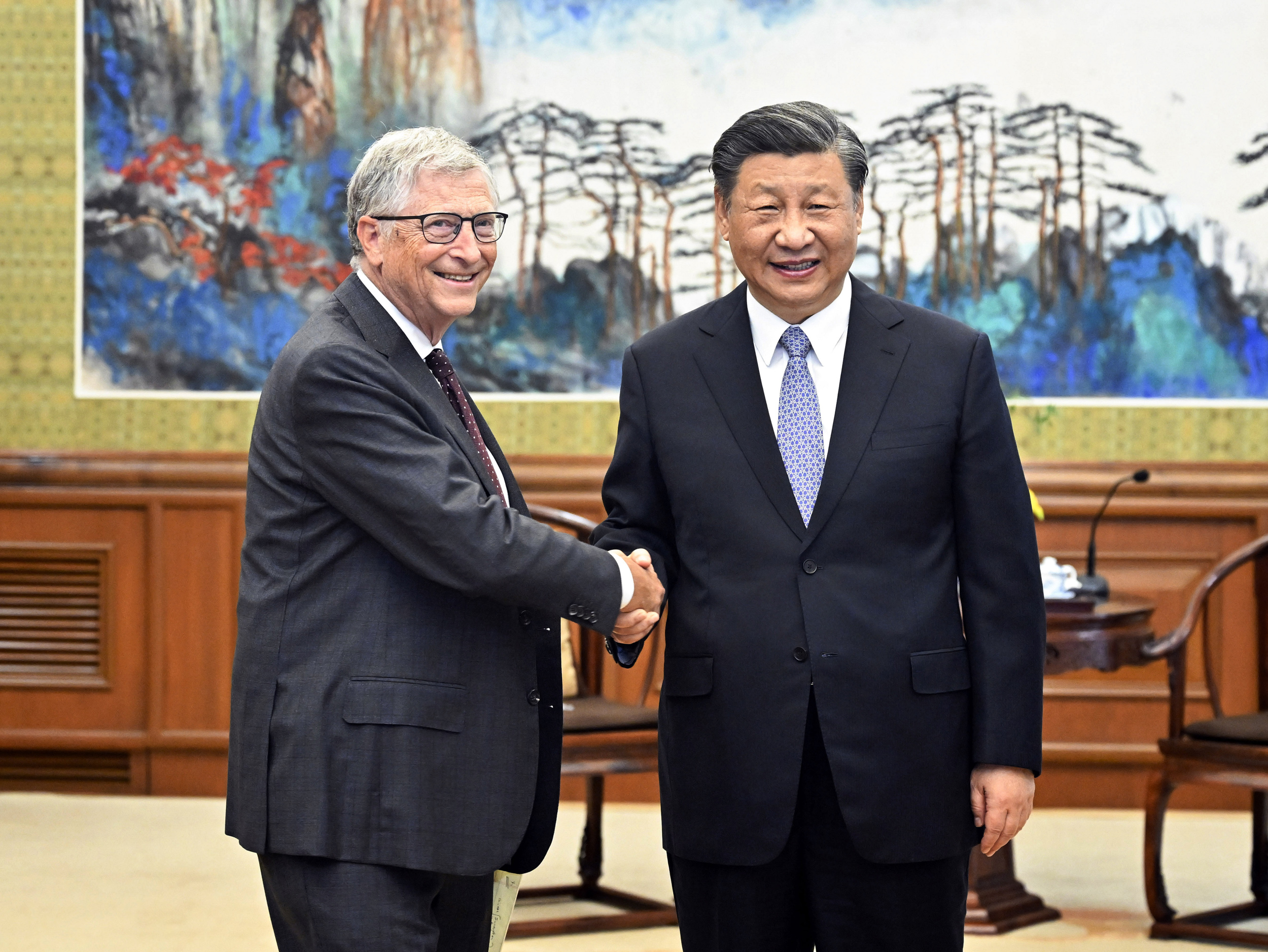A contract between the Mongolian government and private space and technology giant SpaceX to avail the firm’s Low Earth Orbit (LEO) Starlink internet service has drawn a suspicious reaction from Chinese citizens.
The commentators and bloggers point to Elon Musk’s firm’s involvement in providing high-speed data services to the Ukrainian army and fear that while China is another US rival, SpaceX’s activities could similarly threaten China’s security.
An article in Asia Times also anticipates Starlink offering an alternative internet service to Chinese citizens other than the ‘Great Firewall’ since the signal cannot be limited to a particular geographical area. This is because international internet services are banned in the country for security reasons.
However, a Chinese defense and foreign affairs commentator EurAsian Times spoke to pointed to a different view in Beijing about Starlink. The issue has more to do with the LEO placement of the satellites that pose a physical danger than a tool that the US might use to challenge China militarily.
Moreover, big businesses’ reluctance to be drawn into geopolitical rivalries with China, as was evident from statements from Musk himself, Microsoft founder Bill Gates and Dutch lithography machine maker Peter Wennink, also worked in China’s favor.
Chinese Netizens Raise Scare
The report backgrounded the recent issuance of a special license by the Communications Commissions of Mongolia to SpaceX and Starlink to provide internet services in the country.
The decision, part of the country’s ongoing digital transformation and New Recovery Policy, was announced ahead of the annual Mongolia Economic Forum 2023, held on July 9-10.
“A network of fiber optic cables already provides wide-reaching access to high-speed internet across Mongolia,” Minister for Digital Development and Communications Uchral Nyam-Osor said on July 7. “But Starlink’s technology will provide greater access to hard-to-reach areas of the country. Herders, farmers, businesses, and miners living and working across our vast country will be able to access and use information from all over the world to improve their lives,” the minister said.

It points out that Chinese nationals currently cannot access foreign internet services or certain banned websites and have their domestic internet usage monitored by the Great Firewall Project (GFP) and the Golden Shield Project (GSP).
Quoting a vlog by Shanghai-based commentator Shen Jiesen, the argument is made that Starlink cannot “sharply” restrict internet in one area while providing it in another contiguous area, as the “network capacity can easily spill over to nearby places.”
Chen says even if Starlink promises not to cross the line, it has already planned to provide services in Mongolia and Pakistan, neighbors of China’s Inner Mongolia and Xinjiang regions. He writes if destabilizing social events happen in either neighborhood, the related news may influence people in China through Starlink’s services.
He also says that, with Starlink’s autonomous services, countries that use them cannot opt to shut down internet services in such situations. Other commentators have noted that Starlink’s dual-use satellites could threaten China’s information and national security, especially during wartime.
With 32 countries adopting its services provided by more than 4,000 satellites in LEO, Starlink plans to boost that number to 42,000 by mid-2027. The PLA Daily, the military’s official publication, warned against the internet service in a May 2022 article, saying it has a deep background related to the US military,” the report said.
“One of its launch centers is located inside the US Vandenberg Air Force Base, and it tested a secure connection between its satellites and the US Air Force’s fighter jets.” The article said Starlink’s satellites could provide the US military with satellite-enabled remote sensing, communication, navigation, and positioning capabilities.
China Already Leads In Communications, Citizens Not Missing Anything
China has pioneered 5G technology, with Huawei having contracts in many Belt and Road Initiative (BRI) countries, including US allies like Israel and UAE. It recently tested 6G speeds in January 2022, and April this year, launched a satellite to that effect in 2020. It even launched its first LEO-based internet satellite on July 9 from the Long March 2C rocket.

Thus China has domestic alternatives and certain rare cutting-edge communications technology options to offer its citizens to prevent them from considering foreign services. ZTE, a China-based world leader in communications infrastructure, also recently publicized its contracts within China. A June 7 press release from the firm reported introducing 5G coverage at Tibet’s Zhuonai Lake Protection Station in Kekexili, the highest-altitude World Natural Heritage site.
In other words, according to leading Chinese and defense affairs commentator Zhao DaShuai, this makes Starlink “a threat to China only as a competitor in the emerging space industry.” “National security concerns concerning internet access are overblown,” Zhao said.
Big Businesses Want China
Secondly, big tech tycoons like Elon Musk and Bill Gates have openly warmed up to China, given their massive business interests. In late May, Musk visited China and, on June 1, met Chinese Vice Premier Ding Xuexiang.
A Reuters report suggested that China’s status as Tesla’s second-largest market and biggest production hub is some of Musk’s motivations behind the visit. Gates’ visit to Beijing and meeting with President Xi Jinping was even more publicized, where the Microsoft founder praised China’s efforts in battling poverty and disease.
“Elon Musk has a lot of business interest in China, the Giga factory in Shanghai, and the Chinese battery suppliers are pretty much single-handedly doing the heavy lifting in his business empire. So it’s very unlikely for him to anger the Chinese government,” Zhao added. The Chinese state believes it has leverage over companies like SpaceX if they act against Beijing’s interest.
Chinese, therefore, generally have favorable views of Elon Musk “because he’s not ideological and is seen in China to run against the prevailing narrative in the West,” Zhao says. This leaves the question: what is China’s main concern with Starlink? “It is more related to orbital paths since it’s first come, first serve, and getting crowded up there. Which is why China is planning the Guowang constellation as a rival,” Zhao explained.
- The author can be reached at satamp@gmail.com
- Follow EurAsian Times on Google News




